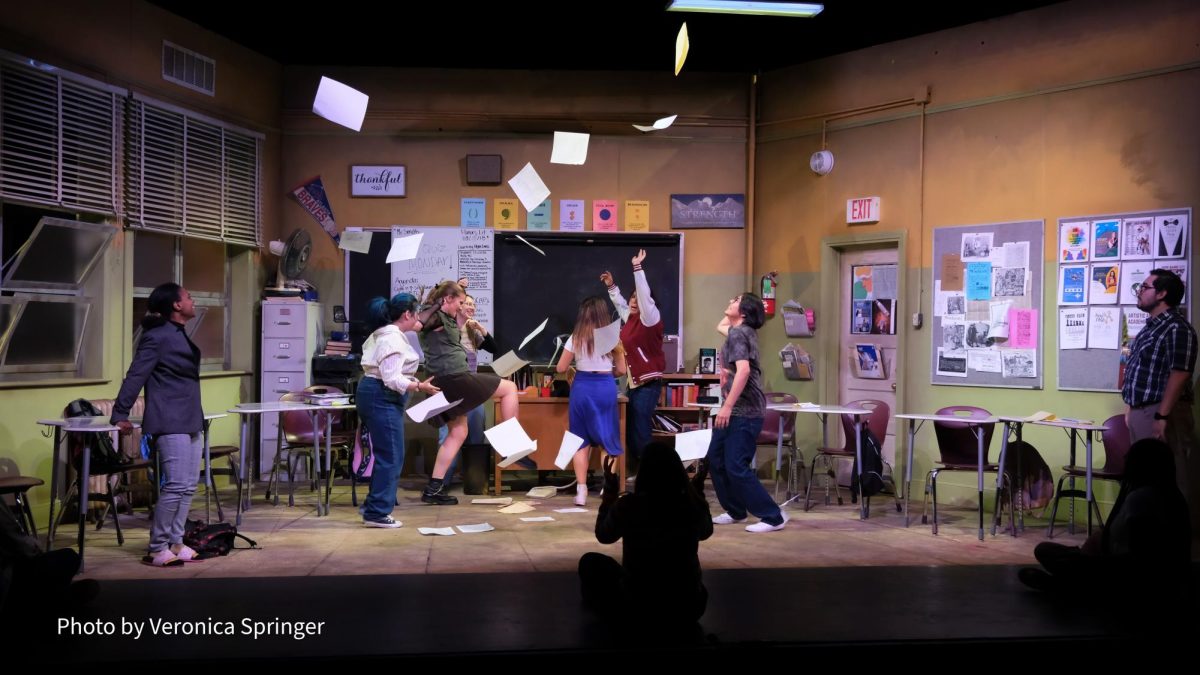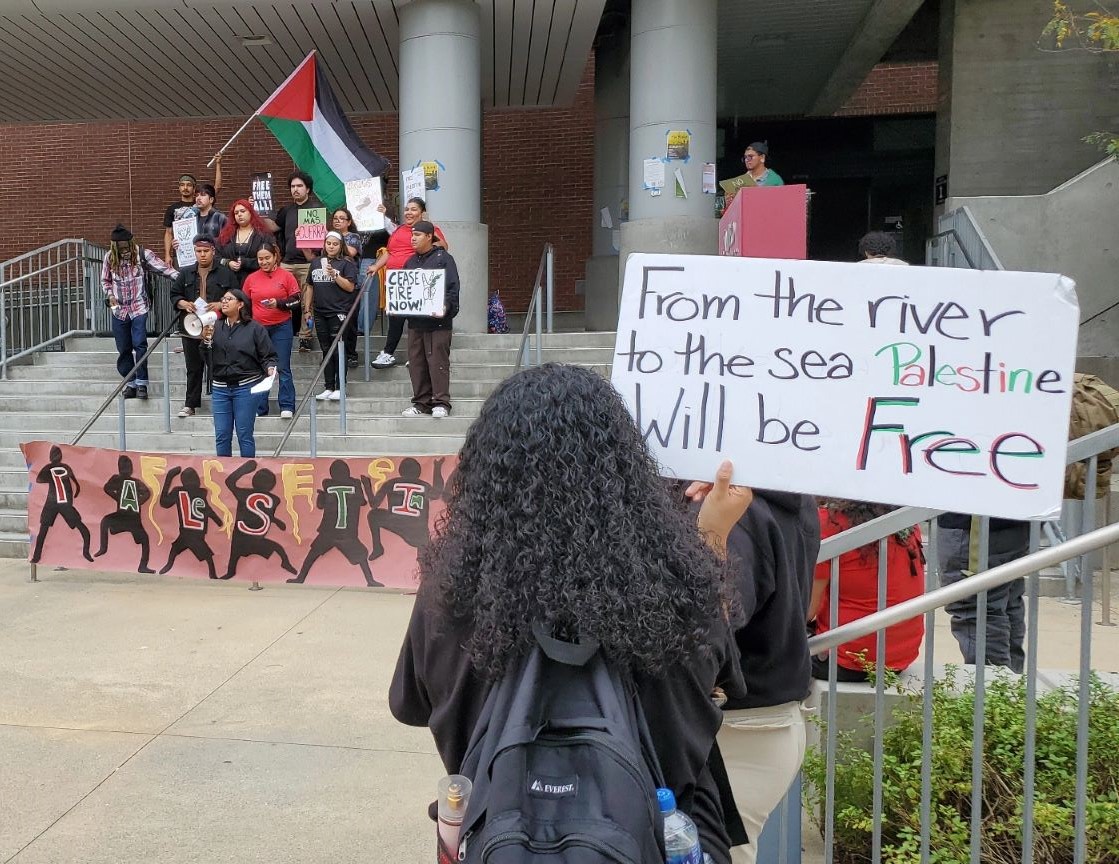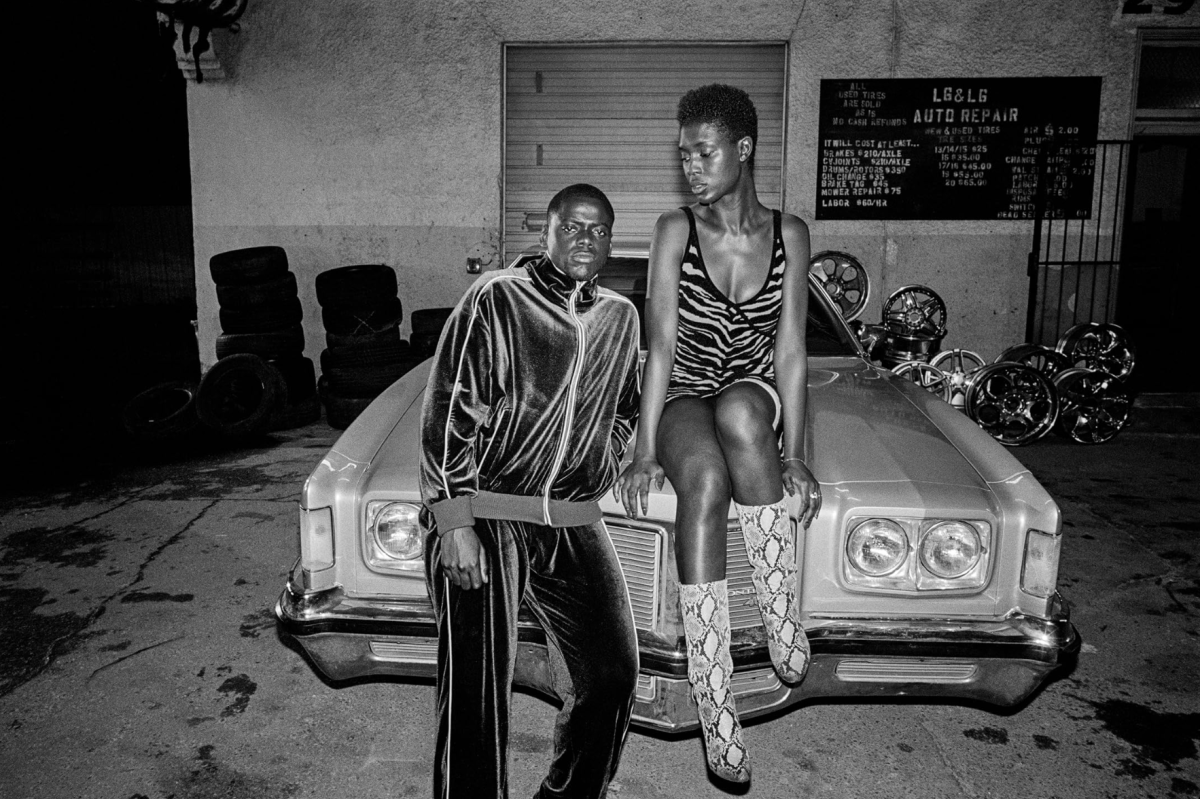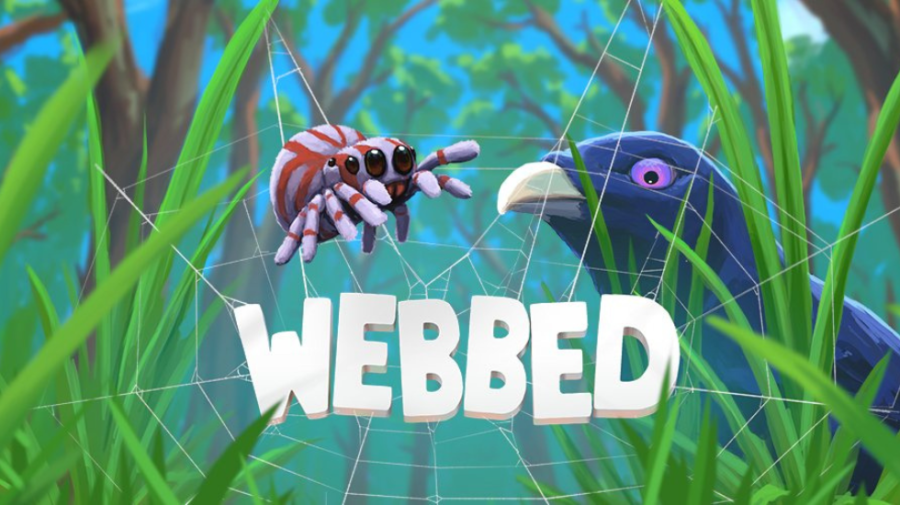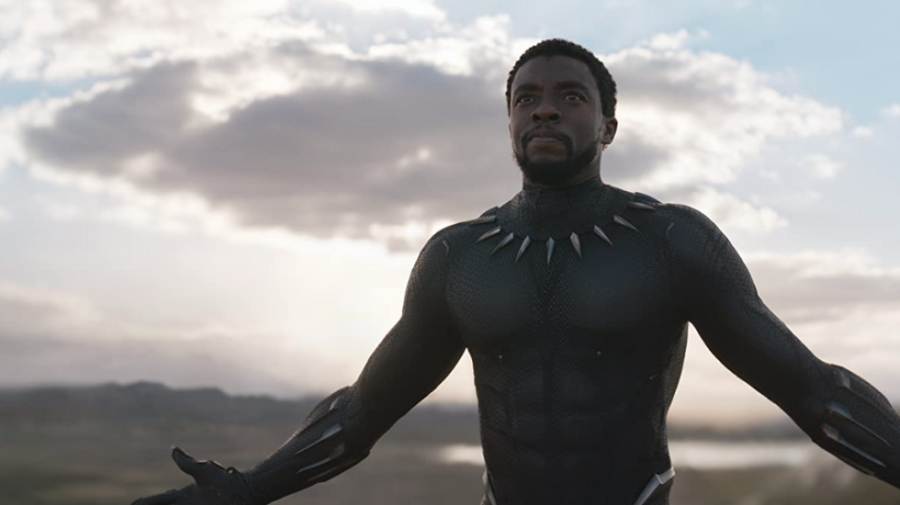By David King
Contributor
On Monday, April 16th, a 23 yr old English Major at Virginia Tech killed 32 fellow students and professors before killing himself. Humans are an inquisitive species that do not find ambiguity all that comfortable and are completely disconcerted by outlandish situations where they can discern no foundational rationale.
So, like sharks to the chum bucket, following an event such as this one, pundits come out of the closet and wax poetic and erudite trying to explain what drove this young man to his deeds and, while at it, how it could have been countered or can be prevented from re-occurring.
Predictably, the explanations follow along partisan lines because political partisanship is ultimately based on assumptions and beliefs about human nature; and it now, unfortunately and sadly, permeates virtually every avenue of discussion.
To some, the killer was having a predictable response to alleged medications; to others he desperately needed such medication. Some think the answer is more laws and others think fewer laws are the answer.
Some see him as a victim of his surroundings and others as someone who rejected the values of his surroundings. Some say it shows guns should be banned and others say it shows we needed more in the right hands to stop him.
He was, to some, a supremely self-absorbed loner with a malignant ego acting on his own and for his own ugly purposes or, to others, a troubled youth needing more hand holding and acting purely in obvious response to the horrors of the vile and corrupt society to which his parents moved from Korea.
He left a rambling, marginally coherent note about how others were to blame and a history of class assignments and creative work rife with foul language and violent, mean-spirited rhetoric so outlandish it got him recommended to counseling.
Some gullible news readers fell for it and went off looking for someone, anyone, to hold accountable except the shooter himself.
And some of the information surrounding the incident and the responses to it is being spun by the campus as, instead of openly discussing their response and what they have learned from it, they circle the wagons and try to cover their tails to try to minimize the inevitable law suits which will pounce on every inkling of admitted negligence where some see every tragedy as a chance for profit.
So where are the answers? How can we possibly know so much about the universe and so little about one of our own kind?
Of course the reality is that, in a purely scientific sense, where real factual “knowing” is only the results of scientific experimentations that are humanly observable and verifiable, independently repeatable, and completely predictive, we, in fact, “know” very little beyond speculation based on collective logic, mathematical constructs, and sheer speculation.
Very few of the major scientific propositions we pretend we know about the universe, or even our own species, can be drawn from such rigorous and repeatable experimental oversight.
And while conclusions of logic and elegant equations are great fodder for dinner conversations they are not, in the end, real science but are, at best, educated guesses.
So how are we to expect to make sense of the actions of a tortured soul with whom we mercifully have few if any common points of reference?
If hard science cannot definitively tell us how the world got here, how can we expect soft science to explain how a monster got here? Personally, I think we are asking the wrong questions and of the wrong people.
I would suggest that the inquiry for reasons and the quest for making sense of this will be more productive if inwardly directed, i.e. following such an event, what does it mean to and for US as individuals and as members of our surrounding communities-from the foundational community of family, to the extended communities of friends, school, neighborhoods, cities. world?
Thirty-two lives were ended in a flash; some promising, some already delivering on their promise. Perhaps the potential inventor of the solution to global warming or the discoverer of the cure for all disease was among them. We will never know.
But we know that in a matter of hours, in what should have been a safe haven, from out of the blue came death on its pale horse to cut down a score and a half of young people trying to learn and older ones trying to pass on knowledge who woke that morning with no inkling that it would be the last sunrise they would ever experience or that the sunset of the night before would have been their last.
They did not know that whatever they uttered to their spouse or friends when they left for school, or last said to parents or even the students in the hallway would be the last communication they were to have; and whatever it contained, whether anger or love, would be the last words someone else would ever hear from them and the last chance they had to leave a lasting impression.
These events showed clearly the ephemeral and capricious nature of life. Stapled to our birth certificates is not a warrantee for long life, fulfilled potential, happiness, fairness, indeed any of the other things to which our soft and getting softer society increasingly believes it is entitled.
The only moment we can truly know and grasp is this very one. And what we do in it may well become the legacy by which others remember us and define us.
We alone are in control of that definition on a moment-by-moment basis. The past has passed us by and lives only in our memories.
The future is an unfulfilled dream. Only the moment right now is ours to influence purposefully. So what will that influence be?
The hallway door outside my office just opened and closed. I assume it was another faculty member. But it could as easily be a student or even a stranger with a real or imagined grudge come to do me and others harm.
The students and faculty in Norris Hall at Virginia Tech had no reason to anticipate that when the door burst open death was on its heels either. But it was. So since nothing has just happened to me, my question, to myself, is what will I do with this moment.
I decided to write this to remind myself and ask others a question. During the moment you read this and in the moments to follow if you survive to see them, what will you do with them.
Each is an unrecoverable moment; it cannot be recalled, edited, and relived. Life is not a dress rehearsal.
So will you, in this next moment, bring more beauty or more ugliness into your world? More love or more hatred? More hurt or more aid?
If the assassin that will end your life – whether it is a crazed gunman or a drunken driver – is even now moving toward their meeting with you, what will be the last words your loved ones will have of yours to carry forward? What will your students or your teachers or your friends have indelibly burned into their brains as the last words they heard you speak?
When the news crews arrive on the scene and those left alive recall the event and their memories of you, will they be of a lone loser living in a sullen black world wanting to drag everyone around them down with them?
Or will they be of someone to be proud of knowing, someone who tried to lift those around them into seeing their own potentials as well?
Will they speak of someone who tried to make others dependent on them or someone who tried to set others free? Will the world hear stories of someone who cared or someone who was too self-absorbed to even notice?
Will the ad hoc epitaphs be of someone you’d like to be or someone you’d as soon forget?
And if you are spared to survive for some more moments into the future, what will you do with them to show your appreciation for them? Will you take this news story as an educational experience itself and commit yourself to living your life to its potential and doing all you can to make at least your corner of the world a better place?
Or will you sink into morose despair, looking always outside yourself for someone to blame and someone to whom you have relinquished control of your own life as cause for your woes?
Will you see doing good as a zero-sum game where to do something good somehow diminishes your collection of goodness or where for one to succeed another must fail?
Or will you see life as containing boundless potential where success is limited only by your passion and energy and goodness is a self replenishing well from which you can draw forever?
The events of Monday are a tragedy, to be sure. And we cannot turn back the clock to erase it. But we humans each have the ability to embrace that tragedy for good or for ill.
We can see in it a personal warning sign to focus our lives and turn this and the rest of the moments we are allotted into profound and powerful agents for good or we can flee in terror from the unknown and cry out for someone else, maybe even the government, to save us from ourselves while we wallow in our surrogate and vicarious victim-hood.
As the saying goes, “Life is change; growth is optional. Choose wisely.” I would rather, since I cannot bring back those lost lives, at least honor them by letting them stand as a reminder to me of the preciousness of each moment and the power each of us has to define ourselves – and maybe our world – forever.
In the end, we are defined not by what life throws at us, but by what we do about it.
——————-
David King is a City College photography professor

